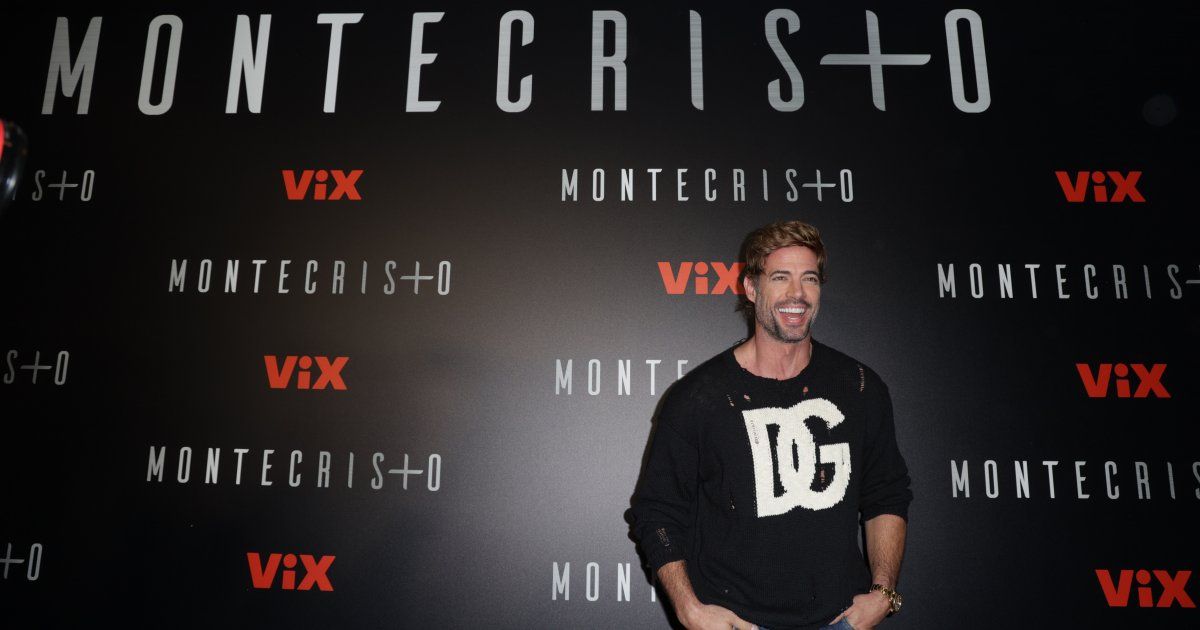When Greg Brockman, president and co-founder of the creator of ChatGPT, OpenAI, recently extolled the capabilities of Artificial Intelligence (AI), he was reminded of the “Game of Thrones” series. Imagine, he said, if you could use AI to rewrite that ending that wasn’t so popular. Maybe even put yourself in the series.
“This is what entertainment will look like,” Brockman said.
Just six months after the launch of ChatGPT, generative AI, the branch of AI that focuses on generating original content from existing data, is already causing outrage across Hollywood.
Concern about chatbots, AI-based computer programs that are capable of holding a conversation with an Internet user, on a specific topic, in this case chatbots that write or rewrite scripts, is one of the main reasons why scriptwriters film and television protested earlier this week.
Although the Writers Guild of America (WGA) is on strike for better pay in an industry where streaming has changed many of the old rules, AI is shaping up to be a growing anxiety.
“AI is terrifying,” said Danny Strong, the creator of “Dopesick” and “Empire.” “I’ve seen some of ChatGPT’s writing and so far I’m not terrified because Chat is a terrible writer. But who knows? That could change.”
AI chatbots, the screenwriters say, could potentially be used to quickly create a first draft with a few simple prompts: “a heist movie set in Beijing,” for example. Writers would then be hired, at a lower salary, to improve it.
Scripts could also be cleverly generated in the style of well-known writers. How about a comedy in the voice of Nora Ephron? Or a gangster movie that sounds like Mario Puzo? You won’t get anything like “Casablanca,” but the most basic skeleton of a bad Liam Neeson thriller isn’t that far off.
The basic agreement of the WGA defines a writer as a “person” and only the work of a human being can be copyrighted. But while we’re far from seeing a writer’s credit read “By AI” at the beginning of a movie, there are myriad ways regenerative AI could be used to create outlines, complete scenes, or simulate rough drafts.
“We’re not totally against AI,” says Michael Winship, president of the WGA’s Eastern Branch, a journalist and documentarian. “There are ways in which it can be useful. But too many people are using it against us and using it to create mediocrity. They are also violating copyright. They are also plagiarizing.”
The union is seeking more assurances on how AI can be applied to screenwriting. He says the studios are obstructing the issue. The Alliance of Motion Picture and Television Producers (AMPTP), which bargains on behalf of production companies, has offered to meet annually with the union to go over definitions around rapidly evolving technology.
“It is something that requires much more discussion, which we have committed to,” the AMPTP said in a summary of its position published on Thursday.
Experts say the struggle writers face with regenerative AI is just the beginning. The World Economic Forum released a report this week predicting that nearly a quarter of all jobs will be disrupted by AI in the next five years.
“It’s definitely a benchmark in workers’ response to the potential impacts of artificial intelligence on their work,” said Sarah Myers West, chief operating officer of the nonprofit AI Now Institute, which has lobbied with the government. to enact more regulations around AI. “It should be noted that many of the most significant efforts for technology responsibility have been the product of worker-driven organizing.”
AI has already seeped into almost every aspect of movie making. It has been used to make actors look younger, to remove profanity from scenes in post-production, to provide viewing recommendations on Netflix, and to posthumously bring back the voices of Anthony Bourdain and Andy Warhol.
The WGA, which will begin its own negotiation with the AMPTP this summer, has said it is closely monitoring the evolving legal landscape around AI.
“Human creators are the foundation of the creative industries and we must ensure that they are respected and paid for their work,” the actors union said.
The implications for screenwriting are only just being explored. Actors Alan Alda and Mike Farrell recently reunited to read a new scene from the series “M(asterisk)A(asterisk)S(asterisk)H” written by ChatGPT. The results weren’t terrible, but they weren’t all that funny either.
“Why have a robot write a script and try to interpret human feelings when we already have studio execs who can do that?” Alda said, imitating the robots’ deadpan tone.
Screenwriters have long been among the notoriously exploited talents in Hollywood. The movies they write usually don’t get made. If they do, they are often rewritten many times. Raymond Chandler once wrote that “the best thing Hollywood can think of to tell a writer is that he’s too good to be just a writer.”
Screenwriters are used to being replaced. Now, they see a new, readily available, and inexpensive contender in AI, albeit one with a slightly less nuanced understanding of the human condition.
“Obviously, AI can’t do what writers and humans can do. But I don’t know if they necessarily believe that,” said “A Black Lady Sketchshow” screenwriter Jonterri Gadson. “There needs to be a human writer in charge and we’re not trying to be temps, just review what the AI is doing. We need to tell the stories.”
Dramatizing their fight as man vs. machine does not hurt the cause of the WGA in public opinion. Writers are facing the threat of AI just as concerns are growing about the speed with which regenerative AI products have been introduced into society.
Geoffrey Hinton, an AI pioneer, recently left Google to speak freely about its potential dangers. “It’s not hard to imagine bad actors using it for bad things,” Hinton told The New York Times.
“What’s especially terrifying about this is that no one, including many of the people involved in creating it, seems to be able to explain exactly what it can do and how quickly it can do more,” said actor and screenwriter Clark Gregg.
Writers find themselves in the rare position of negotiating on a newly emerged technology with the potential for radical effect. Meanwhile, AI-created songs of “Fake Drake” or “Fake Eminem” continue to circulate online.
“They are afraid that if the use of AI to do all this is normalized, then it will be very difficult to stop it,” said James Grimmelmann, a professor of digital and information law at Cornell University. “The union is in the position of trying to imagine many different possible futures.”
The long walkout that many are expecting from the strike (Moody’s Investment Service forecasts the walkout could last three months or more) could offer more time to look at how AI could change screenwriting.
Meanwhile, the scriptwriters shout slogans and hold banners with messages directed at a digital enemy. Among the protesters were signs that read: “ChatGPT has no childhood trauma” or “I hear the AI refuses to take notes.”


